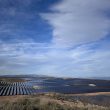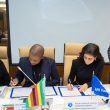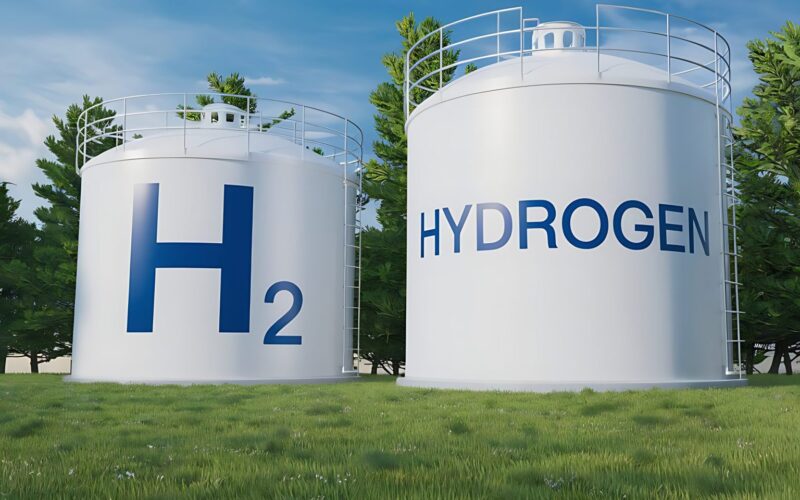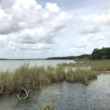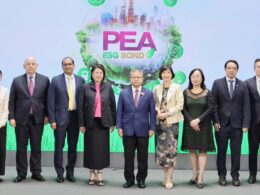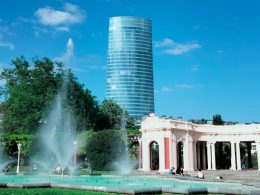The European Bank for Reconstruction and Development (EBRD) has allocated US$ 65 million to establish the first renewable hydrogen facility in Uzbekistan, a move supported by Canada and Japan to reduce carbon emissions in the country’s fertiliser production and power sectors.
In partnership with ACWA Power UKS Green H2—a collaboration between ACWA Power and Uzkimyosanoat (UKS), a holding company of Uzbekistan’s state-owned chemical enterprises—this initiative will finance the development of a facility comprising a 20 MW electrolyser and a 52 MW wind power plant. The financial package includes a US$ 55 million senior loan and an additional concessional finance of up to US$ 10 million from Canada under the Special Fund for the High Impact Partnership on Climate Action (HIPCA). The EBRD is also planning an equity bridge loan of up to US$ 5.5 million.
Supported additionally by the Japan-EBRD Cooperation Fund, the project will facilitate the replacement of ‘grey’ hydrogen, traditionally derived from natural gas, with green hydrogen in the production of ammonia fertiliser. This switch is crucial for reducing carbon emissions in the fertiliser sector, a significant step towards cleaner industrial processes. Once operational, the facility is expected to produce up to 3,000 tonnes of renewable hydrogen annually, significantly reducing annual CO2 emissions by approximately 22,000 tonnes.
Nandita Parshad, EBRD Managing Director for the Sustainable Infrastructure Group said, “EBRD is proud to finance this landmark renewable hydrogen facility in Uzbekistan with our long-standing partner ACWA Power and their partner Uzkimyosanoat. This is the first of its kind across Central Asia, a region with some of the most carbon-intensive and hard-to-abate industries.”
This project builds on the EBRD’s previous efforts in renewable hydrogen, following the bank’s financing of a similar facility in Egypt in 2022.











